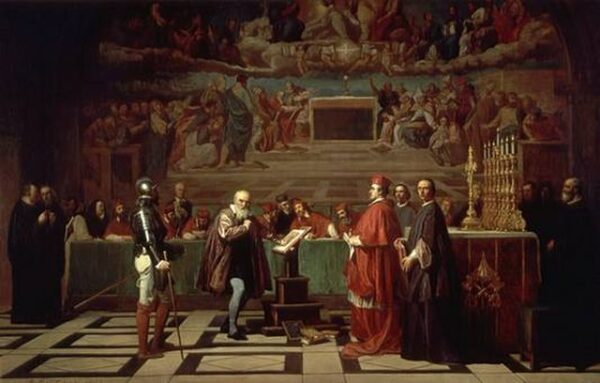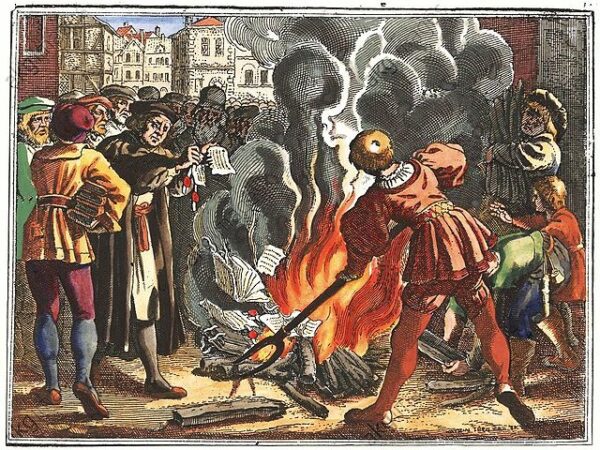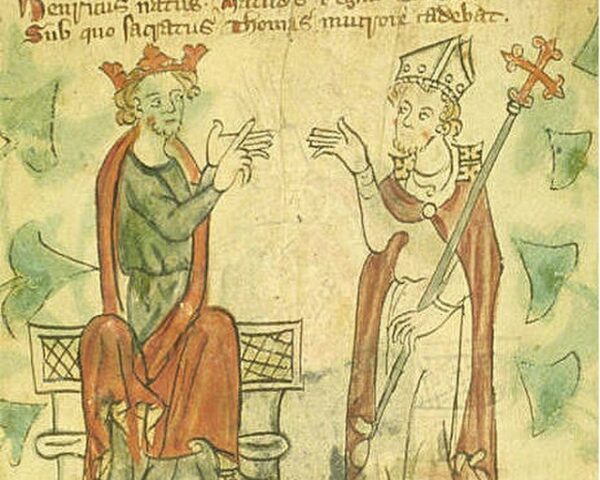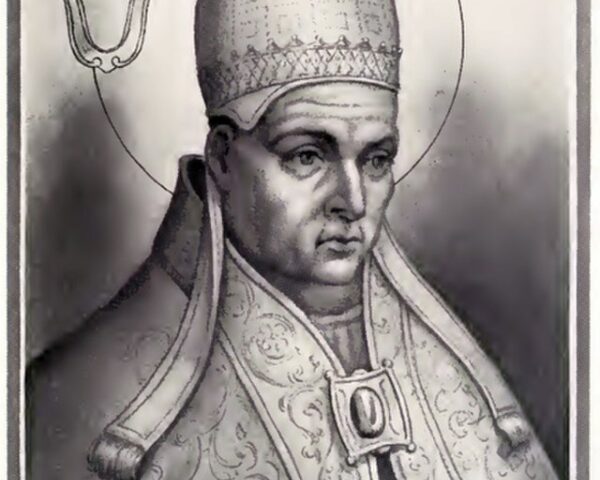On February 13, 1633, Galileo Galilei, the renowned Italian astronomer and physicist, entered Rome to face trial before the Inquisition after being charged with heresy due to his unwavering support for the heliocentric model of the universe. His assertion that the Sun, not the Earth, stood at the center contradicted the entrenched teachings of the Catholic Church, which adhered to the geocentric model derived from Aristotle, Ptolemy, and their interpretation of Holy Scriptures.
The Inquisition summoned Galileo following the publication of his work, “Dialogue Concerning the Two Chief World Systems,” a piece deemed openly supportive of the already-condemned Copernican heliocentrism. Despite a prior warning in 1616, where the Church cautioned him against promoting the heliocentric view, Galileo, feeling encouraged by a perceived papal approval from Pope Urban VIII, persisted in his writings, leading to his eventual trial.
Facing a panel of ten judges during the trial, Galileo encountered rigorous scrutiny of the evidence against him. The pivotal issue revolved around whether he had violated the 1616 edict by advocating for the heliocentric model. Despite his efforts to argue that his work presented the theory without outright endorsement, the tribunal found the arguments in his “Dialogue” too compelling, concluding that he had breached the edict.
Galileo’s defense relied on the claim that he did not assert the heliocentric model as an absolute truth but rather as a mathematical hypothesis. However, the Inquisition dismissed this argument, interpreting his vivid descriptions of the heliocentric system as a clear endorsement. Under the looming threat of torture, Galileo recanted his views, publicly renouncing, cursing, and detesting the errors and heresies associated with heliocentrism.
Although spared from death, the Inquisition’s verdict was severe. Galileo was deemed vehemently suspect of heresy and sentenced to a lifetime of house arrest, during which his books were banned, and any publication of his works forbidden.






